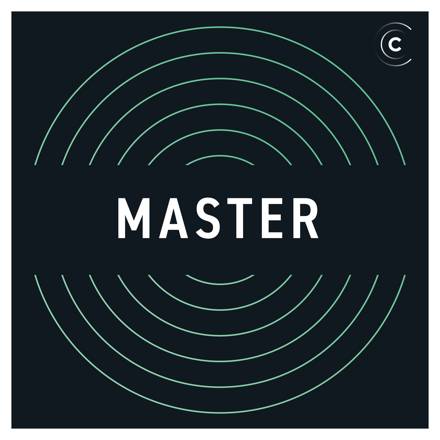Rise of the AI PC & local LLMs
We’ve seen a rise in interest recently and a number of major announcements related to local LLMs and AI PCs. NVIDIA, Apple, and Intel are getting into this along with models like the Phi family from Microsoft. In this episode, we dig into local AI tooling, frameworks, and optimizations to help you navigate this AI niche, and we talk about how this might impact AI adoption in the longer term.







